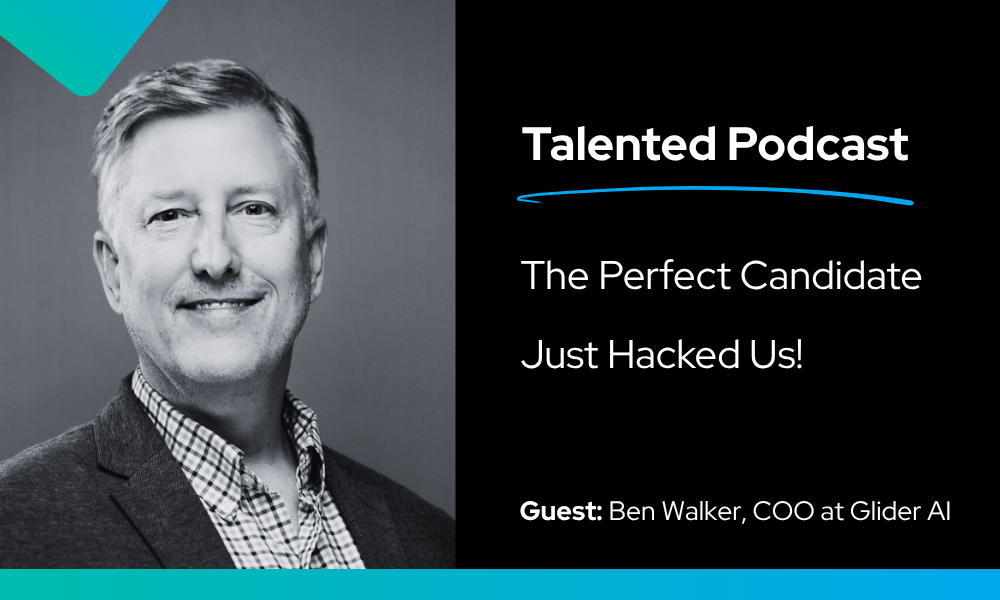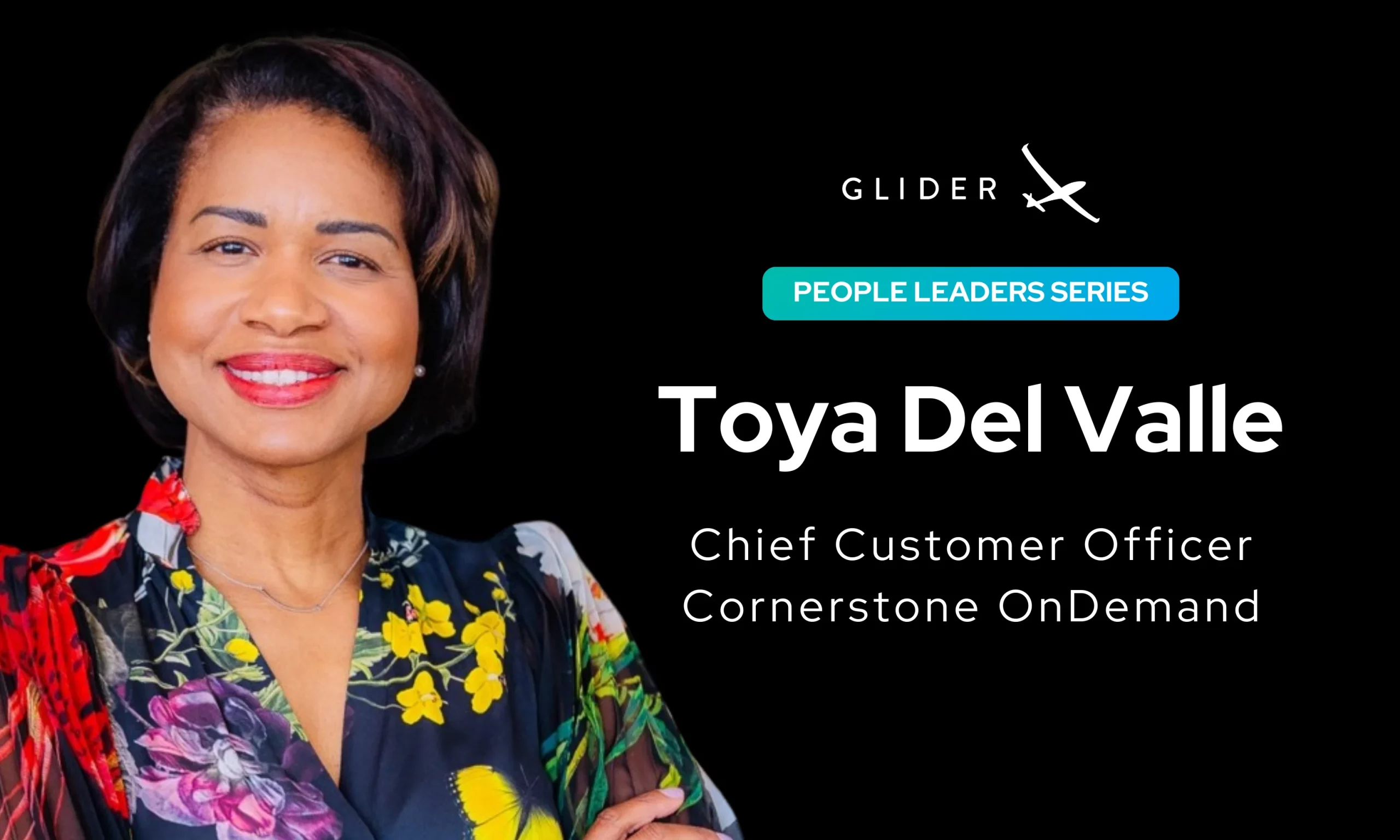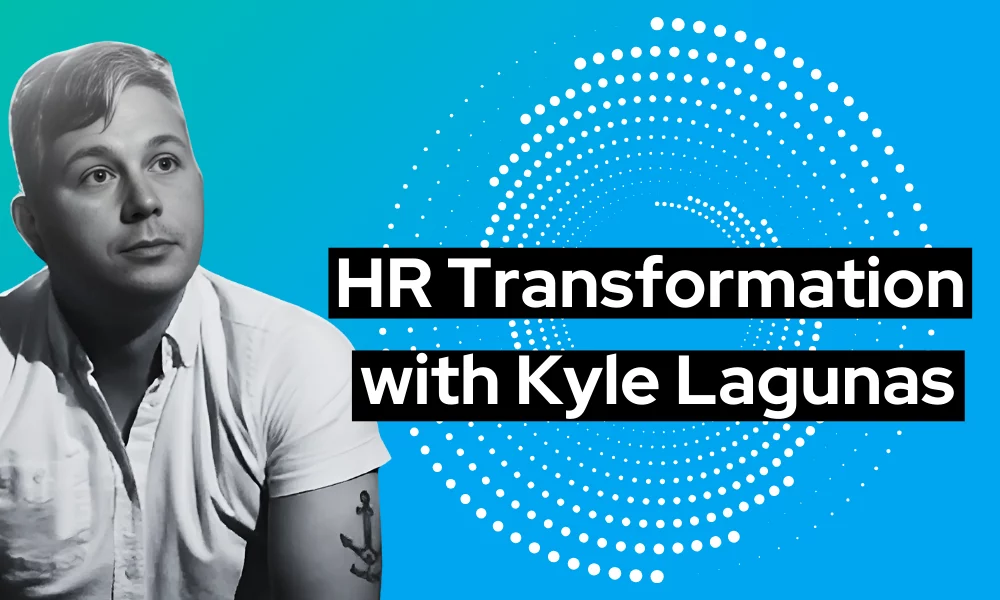
Make talent quality your leading analytic with skills-based hiring solution.

Imagine you are working for a top-notch social media channel as a media reporter, and you get a chance to interview Iron Man, the one and only, Robert Downey, Jr. Obviously, you won’t go with a clean slate; you will read about him, do extensive research, list all the questions you want to ask, and so on.
Despite having his entire profile in front of you, would you ask him, Robert Jr., “Could you please tell me a little about yourself?” The chances are he might flinch, or knowing Robert Jr the way he is – he might roll his eyes and say, “Are you for real?”
Be it an interview with a celebrity or an interviewee, asking questions like “Tell me about yourself?”, “How do you see yourself in the next five years?”, etc. is not going to add any new information that’s not already available in their resume.
Given the ratio of jobs to candidates, the interviewers need to prepare for interviews, as much as the interviewees do. If not in-depth research, at least an overview of their resume and maybe a LinkedIn account is a fundamental interview prerequisite.
Questions defined for technical rounds of interviews are pretty easy since they know their requirements. On the other hand, HR interview questions are tricky because interviewers get only a couple of minutes of interaction to judge a candidate’s strengths, weaknesses, and personality, all in one go.
Asking age-old interview questions like “Tell me about yourself”, “Where do you hail from?”, etc. add zero value. No one wants to answer these, and neither will you get any tangible information based on which you can make decisions.
While there are tons of more questions that could go on the list, based on multiple surveys and statistics, we have collated a questionnaire that will not only fetch valuable information but also not bore interviewees.

What is your greatest professional strength?
Why ask: To understand the relevance of the candidate’s strengths to the job profile. By asking this question, you also gauge the level of confidence the candidate has about their skills.
What is the one quality that you think makes you fit for this role?
Why ask: To understand how the perception of the candidate towards the job role. While there are mundane answers such as “I am a team player”, “I work well under pressure”, etc. – at times you can find candidates who genuinely get to the heart of it and give away information as to why they are aspiring for a particular job position.
How well do you handle pressure/stress/change?
Why ask: To understand how well the candidate can convert pressure or stress into positive actions to accomplish tasks. For a managerial position, you can pose the same question regarding their team, to see how they would respond to the stress/pressure the team is facing.
A boss should have empathy towards team members to understand what they are going through and help them face challenges together as a team.
What excites you most about your role?
Why ask: This is a subjective question since it is based on the role entirely, but even one particular job role can be perceived in multiple ways. One can understand that the kind of vigor a candidate shows towards the role is what matters the most.
Could you please share with us a few professional achievements that you are proud of?
Why ask: To understand which milestones the candidates consider true achievements. For some people, leads might be a big deal, while others are satisfied only with huge deals. This allows you to understand the goals that candidates set for themselves.
What do you like to do outside your work?
Why ask: Hobbies are a good way to get a deeper understanding of someone’s personality. The answer to questions will give away information about the candidate’s take on life and how they enrich their lives outside of the workplace.
Could you tell us about a difficult work situation that you faced and how you overcame it?
Why ask: Every employee, at some point in their career, must have faced a challenge or a hiccup. These are the moments that individuals start growing as professionals. These questions give away how well the candidate works under pressure.
Why are you leaving your current organization?
Why ask: It’s crucial to notice how the interviewee talks about his ex or current employer. If one talks only negative things about their organization, it means the candidate lacks civility and professionalism. An interviewee who can see good in the current organization yet wants to move forward in the hope of better prospects is someone with the right attitude towards work.
How do you define an ideal work environment?
Why ask: To understand whether or not the interviewee will flourish in the work environment that your organization offers.
You should always end the HR interview with the obvious question, “Do you have any questions for us?”
While the interviewee, at the other end of the table, obviously has more things at stake, job interviews can churn up the interviewers too. It’s always important to write down questions based on the job role and functions that you are looking at.
While there are umpteen interview questions that you can ask the candidates, the questions above can help you as a go-to guide even on days when you are the least prepared.
Check out our resources to build strong Interview Questions for every role
Good luck and happy hunting!

“The Perfect Candidate Just Hacked Us”: Inside the Global Playbook of Hiring Fraud That 100% test score might be your biggest red flag. Enterprise breaches don’t always start with phishing emails; sometimes, they start with a fake job interview. In this episode of Talented, Joseph Cole sits down with COO Ben Walker to unpack one […]

Can HR Stop Playing Buzzword Bingo with Skills and AI? If you’re an HR or TA practitioner or work in HR Tech in any capacity, AI and Skills-Based Hiring is what everyone is talking about. The problem? All the talk is diluting the importance of two very interrelated topics. Glider AI sponsored the Transformation Realness […]

Q&A with HR/TA Analyst Kyle Lagunas The traditional playbook that was HR is being rewritten. AI is reshaping work, skills-based strategies are transforming hiring, and HR teams are under pressure to deliver more with less. HR isn’t just about managing people anymore—it’s about engineering the future of work. In this Q&A session, Kyle Lagunas and Joseph […]